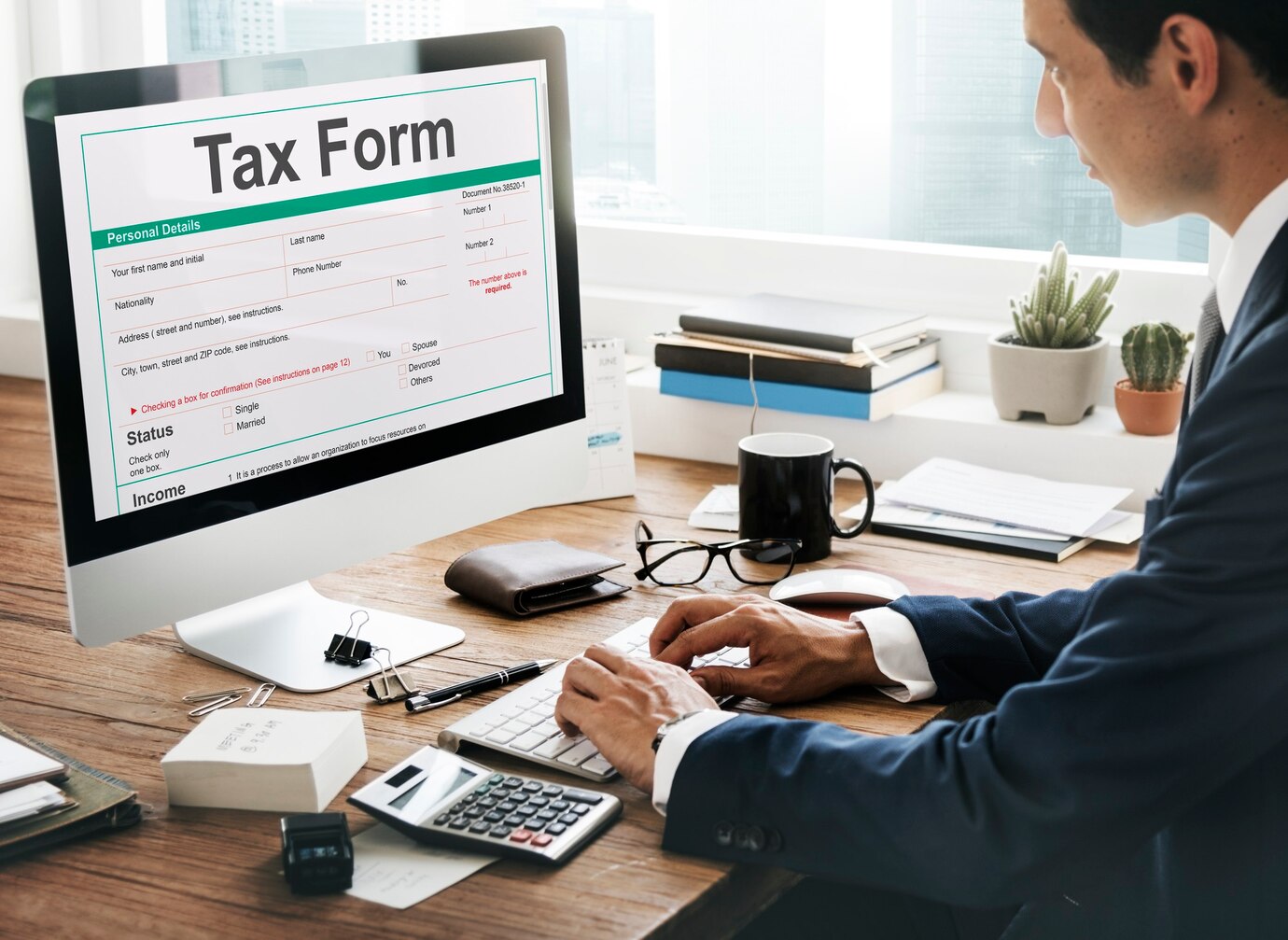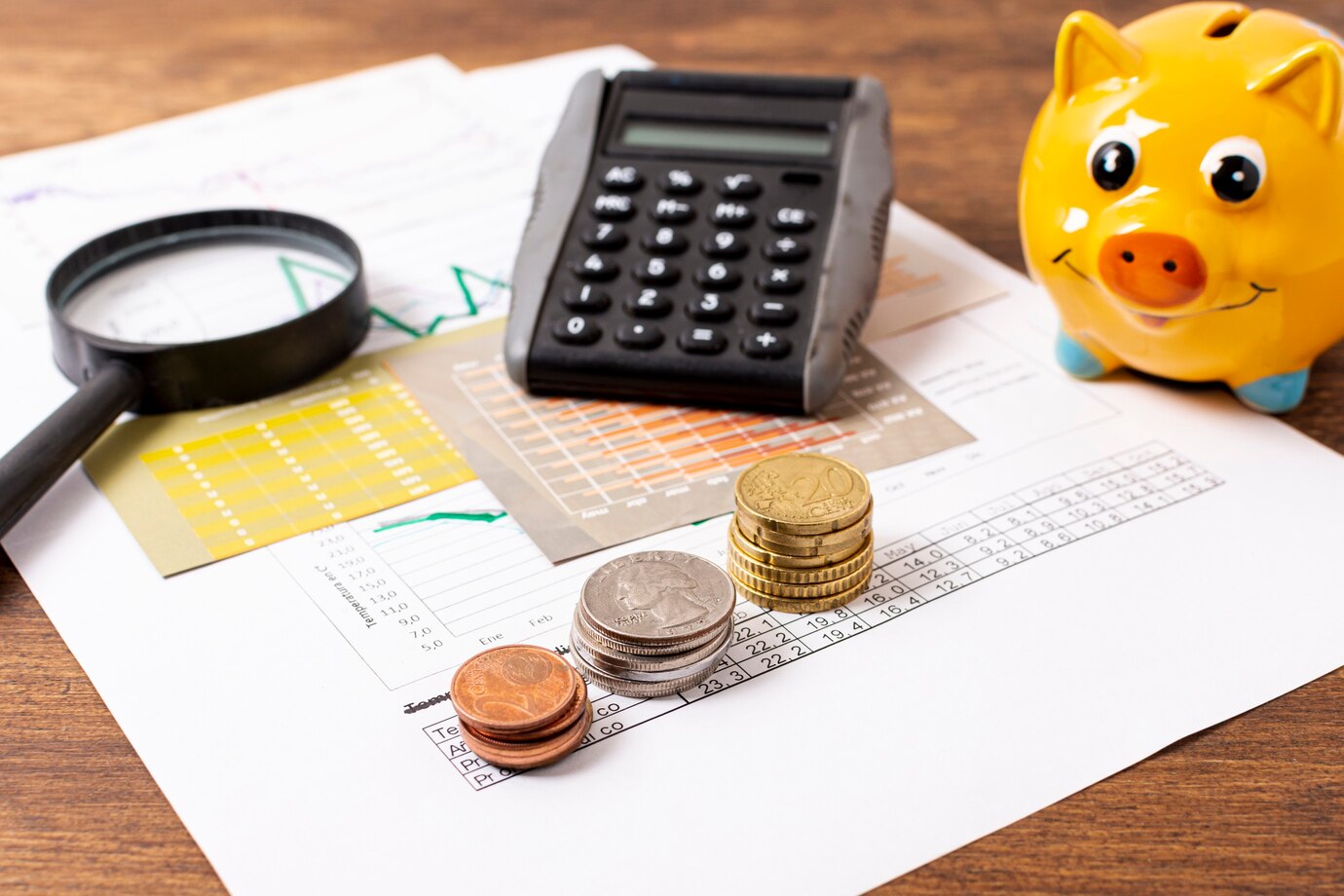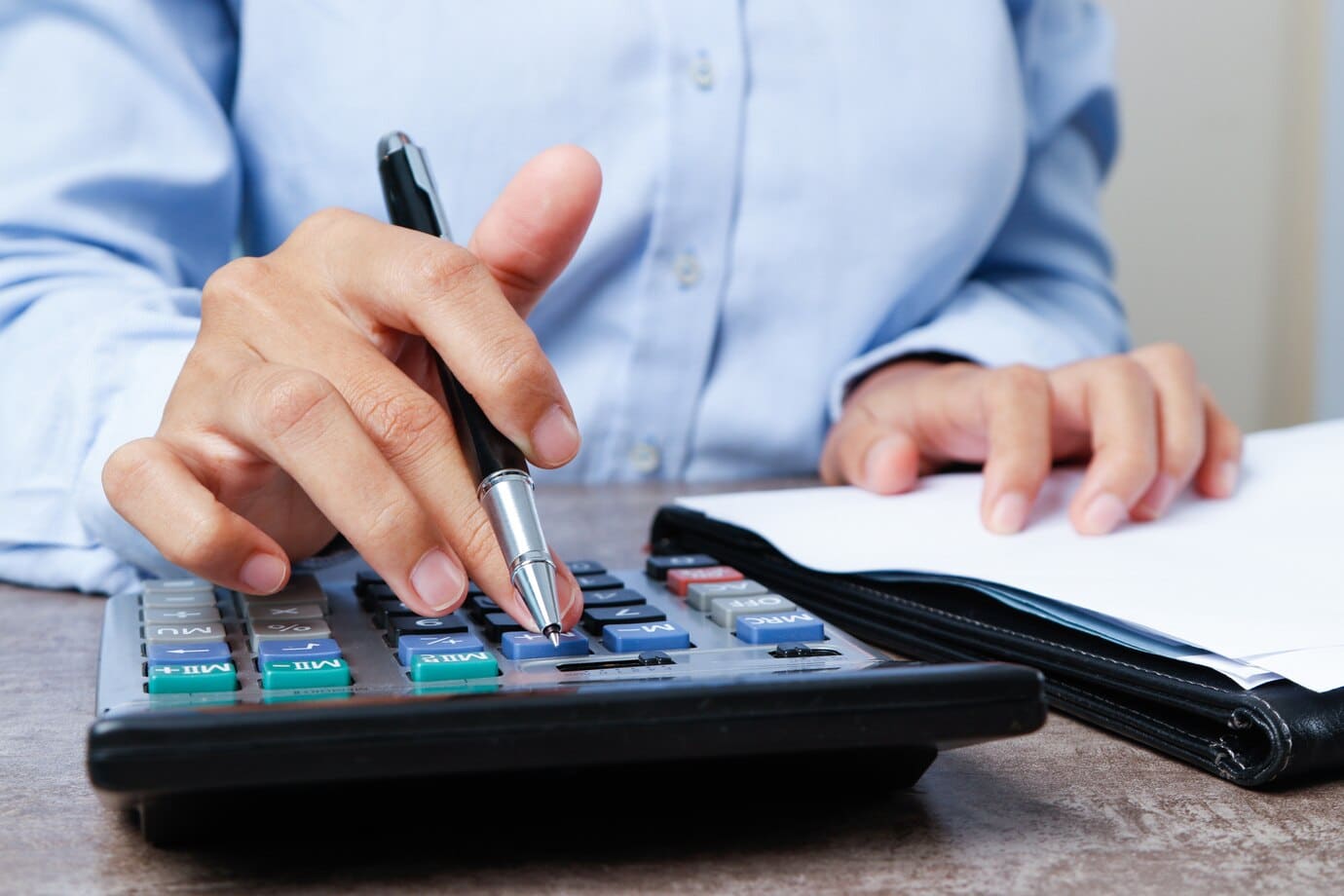
How to File Your Taxes as a Freelancer or Self-Employed in the UK
Freelancers and self-employed superheroes bask in the glow of flexibility and independence. Yet, when tax season strikes, it can feel overwhelming. Unlike traditional employees, they’re not shielded by automatic tax deductions. They have to navigate the intricate maze of tax payments and allowable expenses. Plus, they must dance to the tune of HM Revenue & Customs (HMRC) regulations. However, with clever planning and impeccable organisation, freelancers can dodge penalties like pros. This approach helps them unlock deductions and boost their savings, turning financial chaos into clarity.
This guide shares essential tax tips for self-employed professionals in the UK. It helps them manage their tax duties and stay compliant with tax laws.
Tax Obligations for Freelancers and Self-Employed Individuals

Understanding Self-Assessment and National Insurance Contributions
If you are a freelancer or self-employed in the UK, you must register with HMRC for Self-Assessment. They must file a tax return every year. In addition to paying income tax, they must also contribute to National Insurance (NI):
- Class 2 National Insurance: Payable if profits exceed £2,000 per year. The 2023/24 rate is £3.45 per week.
- Class 4 National Insurance: Paid on profits over £12,570 at a rate of 9% (reduced to 2% for profits over £50,270).
Knowing how National Insurance Contributions work is essential. Paying enough lets you qualify for benefits such as the UK State Pension and Maternity Allowance.
Making Payments on Account
Self-employed individuals pay their taxes differently than employees. While employees have taxes deducted through PAYE, self-employed people make advance payments called Payments on Account. These payments go towards their tax bill for the following year. These are due twice a year:
- January 31 (for the previous tax year)
- July 31 (as an advance payment for the next tax year)
Not paying these bills can lead to penalties and interest from HMRC. If your tax bill is less than £1,000 or more than 80% of your tax is deducted at source, you may not need to make these payments. It’s advisable to check with HMRC or consult a tax professional for guidance.
Essential Tax Filing Tips
1. Keep Accurate Financial Records
Proper record-keeping is crucial for freelancers. Without accurate records, tracking income, expenses, and deductions becomes challenging.
Tracking Income and Expenses
- Maintain copies of invoices and receipts for all business transactions.
- Separate personal and business finances by opening a dedicated business bank account.
- Use spreadsheets or accounting software to log income and expenses regularly.
- Retain records for at least six years, as HMRC requires in case of an audit.
Using Accounting Software for Tax Filing
- QuickBooks UK: Tracks income, expenses, and mileage while helping calculate tax obligations.
- FreeAgent: Ideal for UK freelancers and integrates with HMRC for easy tax submission.
- Xero: Offers robust accounting features, including VAT tracking for self-employed professionals.
Using software makes tax filing easier. It also helps businesses follow Making Tax Digital (MTD) rules. MTD requires keeping digital tax records.
2. Maximise Business Deductions
One of the best ways to lower taxable income is by claiming all eligible business expenses. These deductions lower your tax bill. They let you keep more of your earnings.
Ordinary Allowable Expenses for UK Freelancers
- Home Office Costs: You can claim part of your rent or mortgage if you work from home. You can also include some utility and internet bills. HMRC offers a simplified flat rate for home office costs.
- Office Equipment & Supplies: Laptops, office furniture, software subscriptions, and stationery are deductible.
- Marketing & Advertising: You can deduct costs for website hosting, domain names, social media ads, and business cards from your taxes.
- Professional Services: Fees paid to accountants, business consultants, or solicitors can be claimed as expenses.
- Travel & Mileage: If you travel for business, you can claim mileage (currently 45p per mile for the first 10,000 miles, 25p thereafter) or public transport costs.
- Training and Development: Courses, workshops, and certifications directly related to your business are allowable expenses.
Capital Allowances and Asset Write-Offs
Larger business purchases, such as computers, cameras, or office furniture, may qualify for capital allowances, allowing you to deduct a portion of the cost from your taxable income over several years. The Annual Investment Allowance (AIA) will enable businesses to deduct up to £1 million in qualifying capital expenditures in the same tax year.
3. Plan for Your Tax Bill

Failing to budget for tax payments can result in cash flow issues and penalties.
Calculating Your Tax Liability
Self-employed individuals must pay Income Tax based on their profits:
- £12,570 tax-free personal allowance
- 20% on profits between £12,571 – £50,270
- 40% on profits over £50,270
- 45% on profits over £125,140
A good rule of thumb is to set aside 20-30% of your income to cover tax and National Insurance liabilities.
Avoiding Late Payment Penalties
To avoid penalties, ensure you:
- File your Self-Assessment tax return by 31st January each year.
- Pay your tax bill on time to avoid HMRC fines and interest charges.
- Set up a separate savings account to set aside money for tax payments throughout the year.
4. Set Up a Retirement Plan
Freelancers don’t have employer-sponsored pensions but can still save for retirement while benefiting from tax relief.
Best Retirement Savings Options for UK Self-Employed Professionals
- Personal Pensions (SIPPs): Self-invested personal Pensions allow self-employed individuals to save for retirement with tax-free growth.
- Lifetime ISAs (LISAs): A tax-free savings account where the government adds a 25% bonus to contributions (capped at £4,000 per year).
- State Pension Contributions: Ensure you make sufficient National Insurance contributions to qualify for the UK State Pension.
- Private Pensions: Some financial providers offer flexible pension plans tailored to freelancers and the self-employed.
Tax Advantages of SIPPs and LISAs
- SIPPs: Contributions qualify for tax relief at your marginal rate (20%, 40%, or 45%).
- LISAs: Offer tax-free withdrawals for first-time home buyers or retirement at age 60.
Follow the Smart Tax Tips for More Savings

Navigating the UK tax landscape as a freelancer can seem overwhelming. Fear not! With a dash of planning and organisation, it becomes surprisingly manageable.
To lighten your tax burden and sail smoothly with HMRC, embrace these golden rules:
- Chart a course with precise record-keeping.
- Stretch every penny by maximising allowable expenses.
- Stay on the ball with timely tax payments.
- Build a nest egg for retirement.
UK freelancers can make tax filing a breeze with these savvy self-employed tips. This way, you get to pocket more of your well-earned cash!